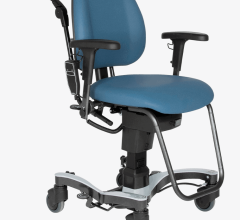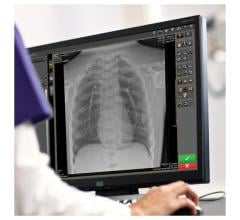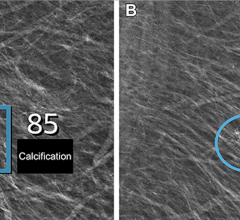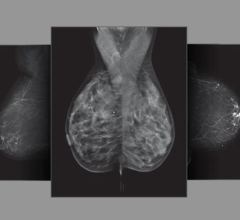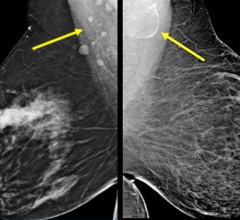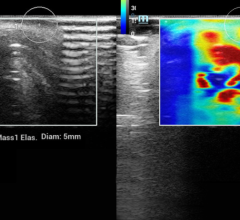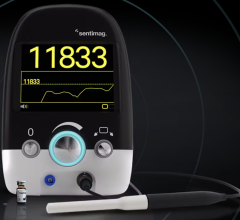
Chair of the American College of Radiology Board of Chancellors James H. Thrall, M.D., FACR
November 16, 2009 - Chair of the American College of Radiology Board of Chancellors James H. Thrall, M.D., FACR, said today he is deeply concerned about U.S. Preventive Services Task Force (USPSTF) mammography recommendations, which would severely limit screening for breast cancer.
The USPSTF advises against regular mammography screening for women 40-49 years of age, suggests providing mammograms only every other year for women between 50 and 74, and advocates stopping all breast cancer screening in women over 74.
The federal government-funded committee that makes up USPSTF has no medical imaging representation. The recommendations fail to consider valid scientific data supporting mammography as a screening tool. Since the onset of regular mammography screening in 1990, the mortality rate from breast cancer, which had been unchanged for the preceding 50 years, has decreased by 30 percent.
“If Medicare and private insurers adopt these incredibly flawed USPSTF recommendations as a rationale for refusing women coverage of these life-saving exams, it could have deadly effects for American women,” said Carol H. Lee, M.D., chair of the American College of Radiology Breast Imaging Commission. Lee noted that such recommendations reflect a conscious decision to ration care.
Ignoring direct scientific evidence from large clinical trials, the USPSTF based their recommendations to reduce breast cancer screening on conflicting computer models and the unsupported and discredited idea that the parameters of mammography screening change abruptly at age 50. In truth, there are no data to support this premise.
The USPSTF claims that the harms of mammography, including discomfort of the exam, anxiety over positive results, and possibility of overtreatment because medical science cannot distinguish which cancers will become deadly most quickly ? outweigh the greatly decreased number of deaths each year resulting from breast cancer screening. However, Lee countered that saving lives through early detection far outweighs any of these concerns.
The Federally Supported U.S. Preventative Services now recommends:
- Against routine screening mammography in women age 40-49;
- Against teaching breast self examinations;
- Against clinical breast examinations;
- Against previously recommended routine screening for women 75 years or older;
- Against annual screening mammograms for women age 50-74 (Recommending screening every other year versus the currently recommended annual screening).
The USPSTF is an independent panel of primary care physicians funded and staffed by the HHS Agency for Healthcare Research and Quality (AHRQ). The Medicare Improvements for Patients and Providers Act of 2008 (MIPPA) gave HHS the authority to consider USPSTF recommendations in Medicare coverage determinations for additional preventive services. Recently, Congress has expressed their desire to broaden this authority and enhance the role of the USPSTF in terms of its impact on coverage for existing services. Additionally, private insurers may incorporate the AHRQ-funded USPSTF recommendations as a cost-savings measure.
For more information: www.acr.org


 July 29, 2024
July 29, 2024 

